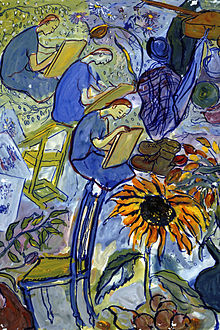A Mary Sue story of the statutory rape variety for the cinephile, white, CIS-hetero boys out there.
We have Joe. He’s seventeen. He has limitless access to alcohol, and drugs. He has no parental oversight and does whatever he wants. He has a quip and a comeback for every situation. Women drop their panties at the sight of him. FBI agents need his help. He’ll do anything to protect his sister. He knows everything there is to know about movies.
Blah blah blah blah blah blah blah.
Perhaps this is poorly done satire? I’m going to assume that this is just poorly done satire, otherwise I think I’d feel like I lost fifty IQ points for reading it. I’m also going to assume that my free preview copy hasn’t been fully copy edited yet because I don’t understand why someone like Joe who professes to love cinema so much keeps making mistakes regarding film, such as calling Brad Pittle’s character in Fight Club Tyler Dern. That’s right. Brad Pittle. Tyler Dern. Or watching the French prison movie En Prophet rather than a movie that actually exists, say Un prophète. I’m not even a movie buff and I seem to know more that Joe about movies. (And it isn’t as if all characters/movies/actors are slightly misspelled to avoid legal implications or something. Most are spelled correctly.)
The writing, sadly, is actually decent. The pacing is great. Just the story, of Joe continually and effortlessly saving the day while banging girls in their twenties (plus one teenager), is so moronic and facile that the whole thing smacks of stupidity and wish-fulfillment. Ebner should maybe try his hand at something a little more meaty and put this whole nonsense of a story behind him.
Movie Game by Michael Ebenr went on sale May 5, 2016.
I received a copy free from Netgalley in exchange for an honest review.
